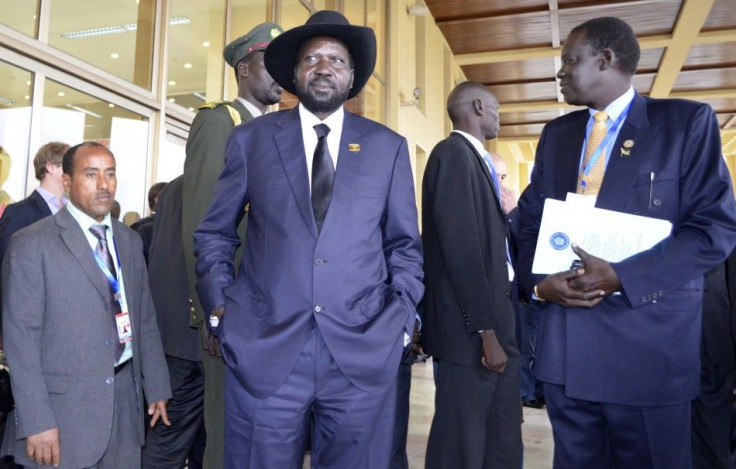South Sudan Offers To Resume Oil Exports As Sudan's Economy Tanks

In a proactive compromise, South Sudan has advanced a plan to resume oil exports in cooperation with Sudan, a move that could ease tensions and salvage the two countries' failing economies.
South Sudan officially split from its northern neighbor Sudan just over a year ago, but serious problems continue to plague both nations.
Oil makes up the bulk of revenues for both states. Moreover, with South Sudan encompassing most of the countries' oil fields while Sudan retains control over the major pipelines needed to export that resource, both governments have been stuck in deadlock over the distribution of the costs and profits of oil production. The past year has been marked by brinkmanship and military aggression on both sides.
Disagreements over transport fees and allegations of stolen oil motivated South Sudan to stop exporting crude altogether this January, a move that immediately strangled both economies. Protests have erupted in Sudan over strict austerity measures and the high cost of living there.
An agreement has been hard to reach, and a major point of contention was the amount that Sudan would charge South Sudan for the right to use its pipelines. Sudan has called for fees as high as $36 a barrel, while South Sudan has argued that it should pay less than $1 for each barrel of oil that flows through the pipelines, according to Reuters.
Monday's offer sets out a more reasonable rate of $7.26 and $9.10 per barrel -- a separate price for each of the two major pipelines. Also included in the deal was an agreement to forgive the hundreds of millions of dollars in revenue that Sudan has allegedly stolen from South Sudan.
Pagan Amum, South Sudan's chief negotiator, told the Associated Press that if the deal were accepted, it would not only rejuvenate Sudan's economy, but also end hostilities, resume bilateral trade, and ensure a permanent peace between South Sudan and Sudan.
So far, there is no word from Sudan as to whether or not the deal is likely to be accepted.
© Copyright IBTimes 2024. All rights reserved.












